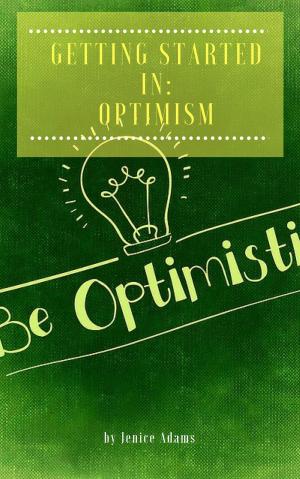| Author: | Marc Libre | ISBN: | 9781301806157 |
| Publisher: | Marc Libre | Publication: | October 10, 2013 |
| Imprint: | Smashwords Edition | Language: | English |
| Author: | Marc Libre |
| ISBN: | 9781301806157 |
| Publisher: | Marc Libre |
| Publication: | October 10, 2013 |
| Imprint: | Smashwords Edition |
| Language: | English |
The Stoics, a group of philosophers that flourished in ancient Greece and Rome, championed a rigorously practical philosophy: a study meant to help people. This ebook provides a small sampling of their practical advice in the form of meditations you can practice yourself to develop a deeper sense of gratitude, contentment, awe, and connectedness to others. These are feelings that the Stoics celebrated and excelled in. This book also includes meditations that I have developed myself that carry on in the Stoic tradition.
Stoicism’s principle doctrine is that some things are in our control, while others are not. Tranquility, or a “smooth flow of life,” is found by abandoning our desires for things that are not in our control and focusing our efforts on those things that are in our control. The most important thing to focus on is our point of view, our attitude toward a situation. External circumstances, according to the Stoics, are inert—they are neither good nor bad on their own—but it is how we view them and how we react to them that makes them good or bad. According to the Stoics, our happiness is something that is always up to us: it all depends on how we see our circumstances and how we treat others and ourselves.
In brief, we can see Stoicism epitomized in Reinhold Niebuhr’s Serenity Prayer: “Father, give us courage to change what must be altered, serenity to accept what cannot be helped, and the insight to know the one from the other.” The Serenity Prayer has three components: courage, serenity, and insight, and each one of these takes time and effort to develop. But a lifetime spent developing them is the surest way to tranquility, to peace of mind, to an all-pervading joy that delights in the workings of nature and in communion with other humans, and to a robust resilience that stands against the vagaries of Fortune. This is Stoicism.
In the pages that follow I have provided a series of exercises inspired by the Stoic tradition. Some of these exercises come directly from Stoic writings; most I have developed in the course of my personal journey and exploration through Stoicism. All of them are designed to develop habits that over time strengthen Stoic virtues such as resilience, gratitude, charity and joy (or awe). I hope you find them helpful.
The Stoics, a group of philosophers that flourished in ancient Greece and Rome, championed a rigorously practical philosophy: a study meant to help people. This ebook provides a small sampling of their practical advice in the form of meditations you can practice yourself to develop a deeper sense of gratitude, contentment, awe, and connectedness to others. These are feelings that the Stoics celebrated and excelled in. This book also includes meditations that I have developed myself that carry on in the Stoic tradition.
Stoicism’s principle doctrine is that some things are in our control, while others are not. Tranquility, or a “smooth flow of life,” is found by abandoning our desires for things that are not in our control and focusing our efforts on those things that are in our control. The most important thing to focus on is our point of view, our attitude toward a situation. External circumstances, according to the Stoics, are inert—they are neither good nor bad on their own—but it is how we view them and how we react to them that makes them good or bad. According to the Stoics, our happiness is something that is always up to us: it all depends on how we see our circumstances and how we treat others and ourselves.
In brief, we can see Stoicism epitomized in Reinhold Niebuhr’s Serenity Prayer: “Father, give us courage to change what must be altered, serenity to accept what cannot be helped, and the insight to know the one from the other.” The Serenity Prayer has three components: courage, serenity, and insight, and each one of these takes time and effort to develop. But a lifetime spent developing them is the surest way to tranquility, to peace of mind, to an all-pervading joy that delights in the workings of nature and in communion with other humans, and to a robust resilience that stands against the vagaries of Fortune. This is Stoicism.
In the pages that follow I have provided a series of exercises inspired by the Stoic tradition. Some of these exercises come directly from Stoic writings; most I have developed in the course of my personal journey and exploration through Stoicism. All of them are designed to develop habits that over time strengthen Stoic virtues such as resilience, gratitude, charity and joy (or awe). I hope you find them helpful.















